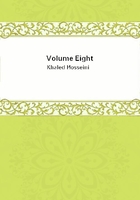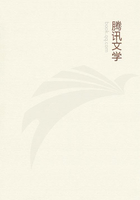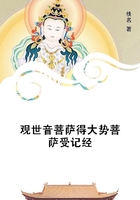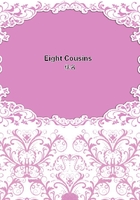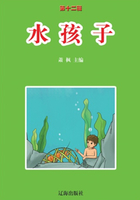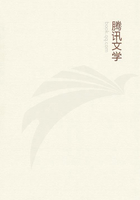It can abstract altogether from the application of this notion to objects with a view to theoretical knowledge (since this concept is always found a priori in the understanding even independently of any intuition).Reason, then, employs it only for a practical purpose, and hence we can transfer the determining principle of the will into the intelligible order of things, admitting, at the same time, that we cannot understand how the notion of cause can determine the knowledge of these things.But reason must cognise causality with respect to the actions of the will in the sensible world in a definite manner; otherwise, practical reason could not really produce any action.But as to the notion which it forms of its own causality as noumenon, it need not determine it theoretically with a view to the cognition of its supersensible existence, so as to give it significance in this way.For it acquires significance apart from this, though only for practical use, namely, through the moral law.
Theoretically viewed, it remains always a pure a priori concept of the understanding, which can be applied to objects whether they have been given sensibly or not, although in the latter case it has no definite theoretical significance or application, but is only a formal, though essential, conception of the understanding relating to an object in general.The significance which reason gives it through the moral law is merely practical, inasmuch as the idea of the idea of the law of causality (of the will) has self causality, or is its determining principle.
II.Of the Right that Pure Reason in its Practical use has to an Extension which is not possible to it in its Speculative Use.
We have in the moral principle set forth a law of causality, the determining principle of which is set above all the conditions of the sensible world; we have it conceived how the will, as belonging to the intelligible world, is determinable, and therefore we therefore we have its subject (man) not merely conceived as belonging to a world of pure understanding, and in this respect unknown (which the critique of speculative reason enabled us to do), but also defined as regards his causality by means of a law which cannot be reduced to any physical law of the sensible world; and therefore our knowledge is extended beyond the limits of that world, a pretension which the Critique of Pure Reason declared to be futile in all speculation.Now, how is the practical use of pure reason here to be reconciled with the theoretical, as to the determination of the limits of its faculty?
David Hume, of whom we may say that he commenced the assault on the claims of pure reason, which made a thorough investigation of it necessary, argued thus: The notion of cause is a notion that involves the necessity of the connexion of the existence of different things (and that, in so far as they are different), so that, given A, I know that something quite distinct there from, namely B, must necessarily also exist.Now necessity can be attributed to a connection, only in so far as it is known a priori, for experience would only enable us to know of such a connection that it exists, not that it necessarily exists.Now, it is impossible, says he, to know a priori and as necessary the connection between one thing and another (or between one attribute and another quite distinct) when they have not been given in experience.Therefore the notion of a cause is fictitious and delusive and, to speak in the mildest way, is an illusion, only excusable inasmuch as the custom (a subjective necessity) of perceiving certain things, or their attributes as often associated in existence along with or in succession to one another, is insensibly taken for an objective necessity of supposing such a connection in the objects themselves; and thus the notion of a cause has been acquired surreptitiously and not legitimately; nay, it can never be so acquired or authenticated, since it demands a connection in itself vain, chimerical, and untenable in presence of reason, and to which no object can ever correspond.In this way was empiricism first introduced as the sole source of principles, as far as all knowledge of the existence of things is concerned (mathematics therefore remaining excepted); and with empiricism the most thorough scepticism, even with regard to the whole science of nature( as philosophy).For on such principles we can never conclude from given attributes of things as existing to a consequence (for this would require the notion of cause, which involves the necessity of such a connection); we can only, guided by imagination, expect similar cases- an expectation which is never certain, however of ten it has been fulfilled.Of no event could we say: a certain thing must have preceded it, on which it necessarily followed; that is, it must have a cause; and therefore, however frequent the cases we have known in which there was such an antecedent, so that a rule could be derived from them, yet we never could suppose it as always and necessarily so happening; we should, therefore, be obliged to leave its share to blind chance, with which all use of reason comes to an end; and this firmly establishes scepticism in reference to arguments ascending from effects to causes and makes it impregnable.
Mathematics escaped well, so far, because Hume thought that its propositions were analytical; that is, proceeded from one property to another, by virtue of identity and, consequently, according to the principle of contradiction.This, however, is not the case, since, on the contrary, they are synthetical; and although geometry, for example, has not to do with the existence of things, but only with their a priori properties in a possible intuition, yet it proceeds just as in the case of the causal notion, from one property (A) to another wholly distinct (B), as necessarily connected with the former.

